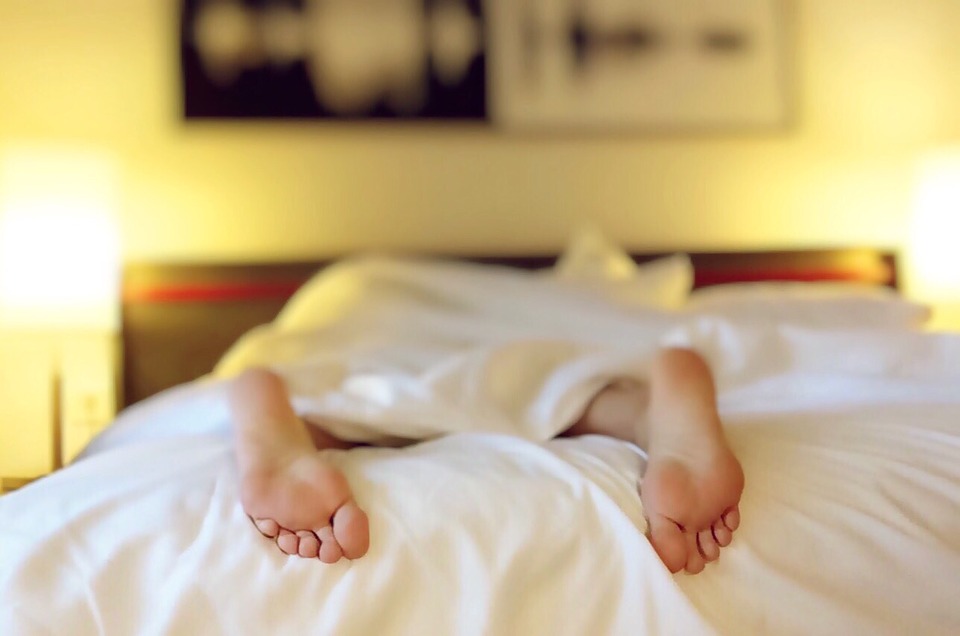
If you’ve ever traveled across two or more time zones, you’ve likely felt the effects of jet lag which include fatigue, anxiety, bowel troubles, dizziness, poor coordination, and more. While some may feel it more than others, jet lag tends to affect nearly everyone, and there are several myths going around about it. Our EWR Airport parking company explores the most popular:
Jet lag is caused by a lack of sleep.
Most people think they get jet lag because they don’t sleep enough, but the real reason for jet lag is because your body’s inner clock has been disrupted. Your body is used to your home time zone’s pattern of dark and light hours, which means it becomes confused when the time zone changes.
A drink on the plane will help you sleep.
While this is technically true, drinking alcohol dehydrates your body and can actually disrupt your sleep, making it a worse idea rather than a better one. Your best bet is to stay hydrated by drinking lots of water – especially while in the air. Your body functions better when fully hydrated.
Jet lag is the same in any direction.
Actually, the effects of jet lag can vary greatly depending on which direction you’re flying. For example, when flying west to east (like from New York to London), many people tend to experience a more severe jet lag. This is because you lose several hours of light and it’s harder for your body to adjust. When flying east to west, however, you gain hours of light and it’s easier for your body to stay awake longer.
Caffeine can help.
If you’re a regular caffeine drinker, you can continue your regular consumption, but don’t increase it just to fight jet lag. If you must drink coffee or tea, do it in the morning hours. Since caffeine stays your system for up to 12 hours, you don’t want to drink it in the afternoon or evening and have it keep you awake.
Jet lag is inevitable.
This is not necessarily true… While you may always feel the effects of jet lag, there are ways to prepare so that you feel them on a smaller scale. For instance, adjust your bedtime in the upcoming days before your trip. If you’re traveling east, gradually go to bed earlier; if you’re traveling west, go to bed later. You can also invest in sleeping pills or melatonin (after talking to your doctor) to help you sleep when you need to.
A radical diet can reset your body clock.
If you search the internet for the best way to beat jet lag, you may find several suggestions about changing your diet before you leave for your trip. Most of these suggestions are for feasting and fasting in increments and at certain times of the day in order to reset your internal body clock. While this may work for some, there’s little evidence that suggests it’s a good way to prepare, so take caution.
